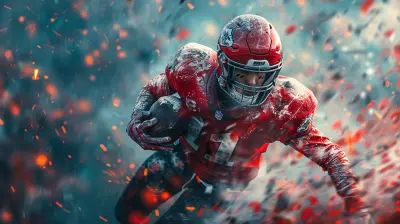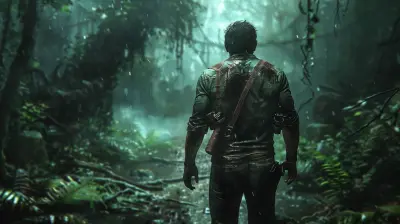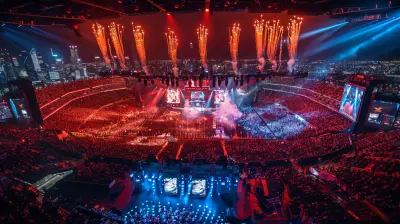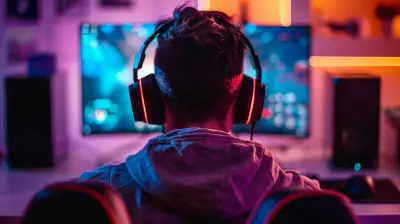Exploring the Role of Coaches and Analysts in E-Sports Success
8 June 2025
When most people think about e-sports, they picture the adrenaline-pumping action on-screen — the flick shots, the aces, the clutches. But what many overlook is what happens behind the curtain. You know, the real engine room of performance: coaches and analysts. These unsung heroes play a massive role in whether a team soars to victory or crumbles under pressure.
Let’s take a deep dive into their world — what they do, why they matter, and how they shape champions in the ever-evolving arena of competitive gaming.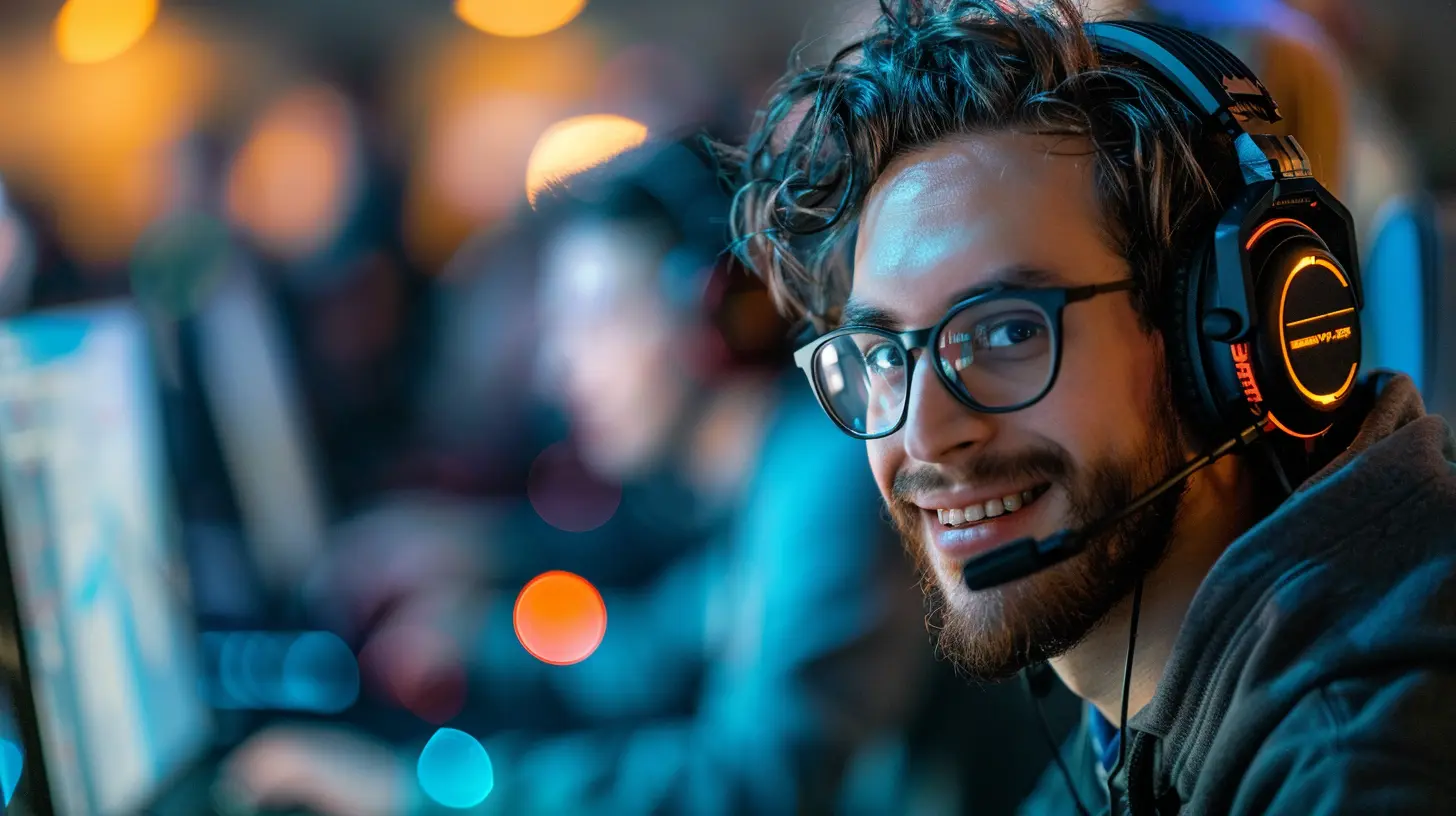
The Rise of Coaching in E-Sports
It wasn’t that long ago that e-sports teams didn’t even have coaches. Back in the early days of competitive gaming, the idea of needing someone to "coach" your elite CS:GO squad or Dota 2 crew felt kind of… unnecessary. But oh, how things have changed!As prize pools grew and the stakes got higher, so did the demand for structure, strategy, and organization. Today, if you're a tier-one team without a coach, you're already two steps behind.
So, What Does a Coach Actually Do in E-Sports?
Think of coaches in e-sports like the ones in traditional sports — except instead of drawing plays on a clipboard, they're breaking down replays, analyzing team dynamics, and refining in-game decision-making. They're a mix of strategist, motivator, and psychologist.Here’s a breakdown of their responsibilities:
- Tactical Preparation: Coaches create and refine strategies tailored to each opponent. They read the meta like a book and know exactly how to counter enemy playstyles.
- Team Synergy: It's not just about game knowledge — coaches help players work together, manage egos, and solve conflicts before they explode mid-match.
- Performance Feedback: After every match or scrim, coaches review what went right and what flopped. Constructive feedback is key.
- In-Match Guidance (When Allowed): Games like League of Legends let coaches talk to players before the game starts. Those precious few minutes? Absolutely crucial.
Let’s face it — players can be emotional, impulsive, and sometimes, just plain lost. Coaches are the calm voices guiding the storm.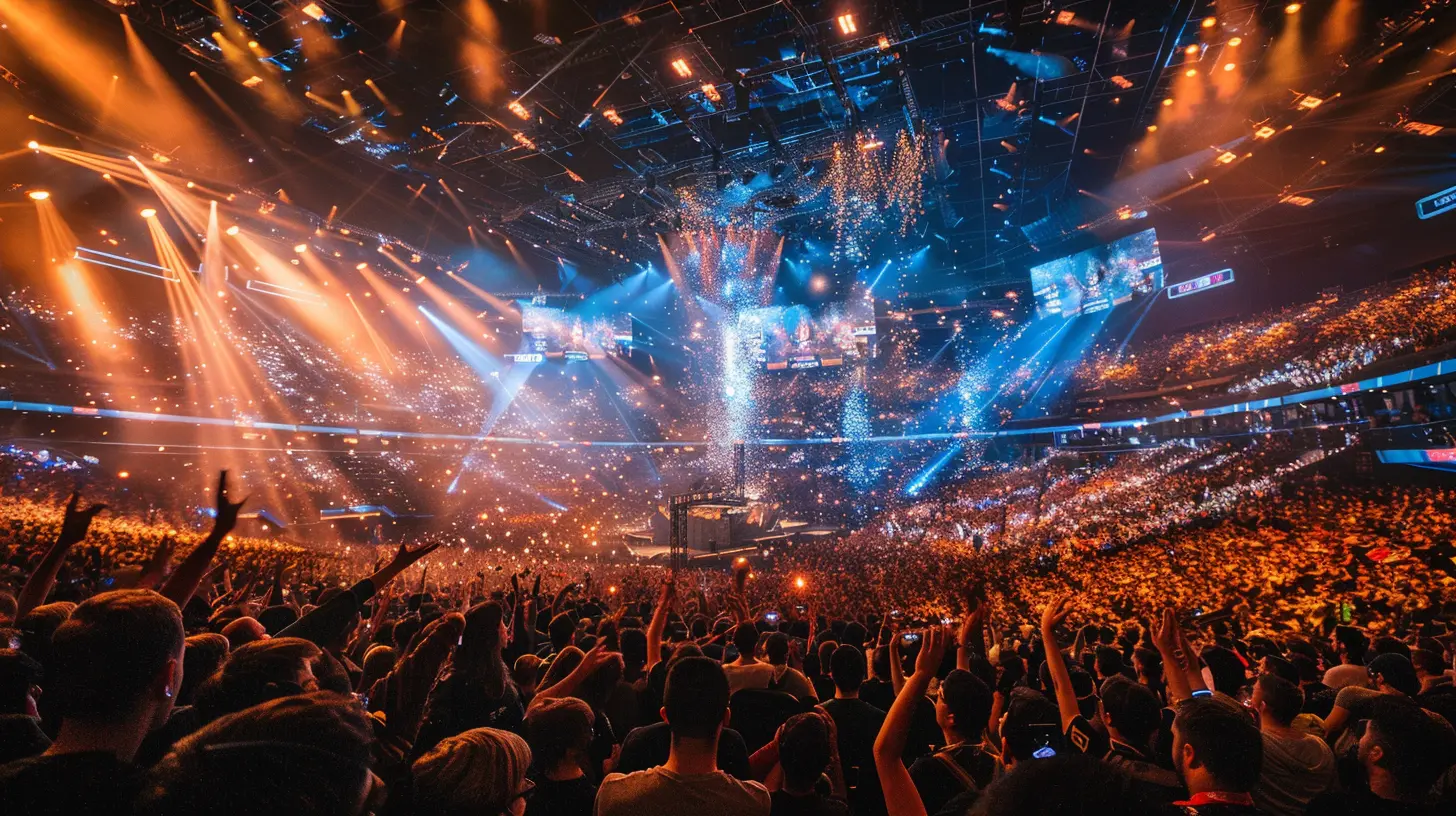
The Analyst: A Brain in the Background
If coaches are the generals, then analysts are the intelligence officers. Their job is to observe everything, process it, and deliver cold, hard data that teams can act on.Imagine trying to remember every enemy smoke placement in a match, or how often a certain player peaks mid — yeah, it's a lot. That’s where analysts come in.
What Exactly Do Analysts Do?
To put it simply: they study the game like scientists and deliver insights that make a difference.Their main gigs include:
- Breaking Down Opponents: Analysts will dig into countless hours of opponent gameplay to identify tendencies, weaknesses, and habits.
- Statistical Reporting: KDA ratios, economy usage, objective control timings — if there's a stat, analysts are tracking it.
- Meta Trends: They keep tabs on how patches and updates influence the way the game is played across the board.
- Draft Prep: In MOBAs especially, analysts help determine the best picks and bans based on data, not just gut feeling.
They’re not just number crunchers — they’re the Sherlock Holmes of e-sports, spotting patterns invisible to even seasoned players.
Tag-Team: How Coaches and Analysts Work Together
While their roles differ, there’s a whole lot of crossover. You’ll see coaches and analysts bouncing ideas off each other during team meetings, scrims, and post-game reviews. They’re like the peanut butter and jelly of the competitive scene — better together.Here’s how their workflow might look:
1. Pre-Match Prep: Analysts bring the stats, coaches bring the strategy. Together, they formulate a game plan.
2. During Practice: Analysts point out trends (like poor rotations). Coaches work on correcting them in real-time with the players.
3. Post-Match Review: The analyst provides hard data, the coach interprets it in terms the players understand.
When synced well, this duo can elevate a team from decent to dominating.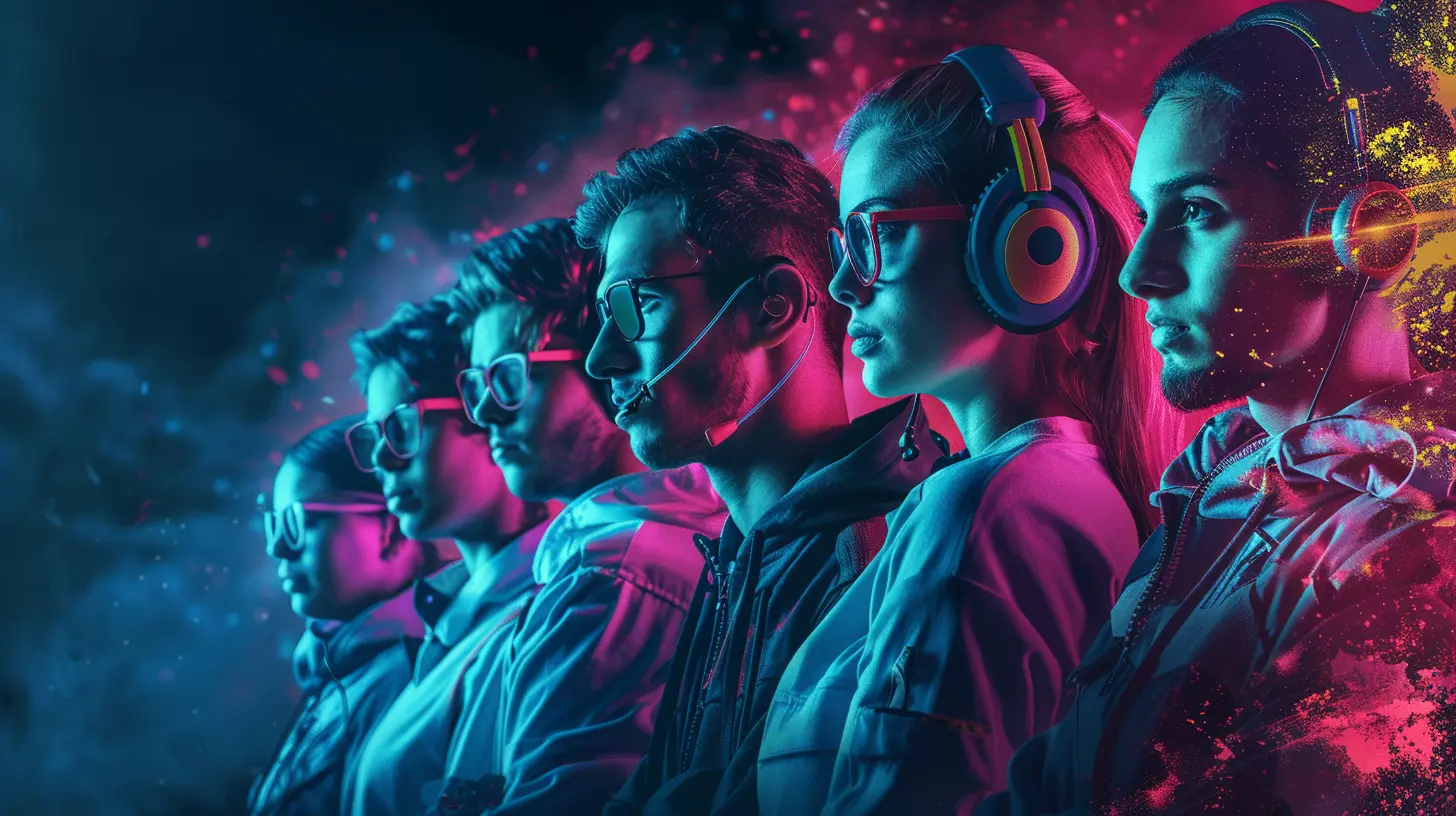
Real-World Examples: Coaching and Analysis in Action
Let’s get specific. If you’ve followed the e-sports scene for a while, you’ve probably heard about legendary coaches like kkOma (League of Legends) or Zonic (CS:GO). These guys didn’t just ride the coattails of amazing players — they developed them.- kkOma (SKT T1): Widely credited for shaping arguably the greatest League of Legends dynasty, kkOma wasn’t just a good strategist — he molded team culture, disciplined young talents, and made calculated roster changes.
- Zonic (Astralis): Under his tenure, Astralis became one of the most dominant CS:GO teams in history. Their utility usage and discipline were unheard of — and that’s no accident. Zonic and his analyst team brought structure and innovation.
Even in Overwatch, teams like San Francisco Shock have credit their titles to behind-the-scenes preparation spearheaded by top-tier coaching.
Why Players Can’t Do It All Themselves
Now, you might wonder — why can’t top players just review their own gameplay and analyze opponents themselves?Well, think of a player like a racecar driver. Sure, they're insanely skilled, but they can't change their tires and calibrate the engine mid-race. That’s what the pit crew is for.
Players are focused on microsecond decisions, muscle memory, and staying mentally locked in. Having a support structure allows them to focus on what they do best — perform.
Plus, outside perspectives matter. Coaches and analysts aren’t emotionally attached to the game in the same way their players are. That neutrality helps in making smart, unbiased decisions.
The Psychological Impact of Good Coaching
It’s not all breakdowns and charts. Coaches often serve as a team’s emotional anchor. They know when to push, when to pull back, and when to just let players vent.Burnout, tilt, imposter syndrome — it’s all real in e-sports, especially with young players thrown into the spotlight. A good coach will recognize the signs and help players navigate these emotional minefields.
In some ways, they’re like a team's unofficial therapist. Especially in longer tournaments or boot camps, the mental game is just as crucial as the mechanical one.
Evolving Roles in a Growing Industry
As e-sports continues to grow, so too does the demand for more specialized roles. Nowadays, you’ll find not just one coach and one analyst, but:- Head Coaches
- Assistant Coaches
- Strategic Coaches
- Performance Analysts
- Draft Analysts
- Mental Performance Coaches
It’s becoming more like traditional sports every year — and that’s a good thing. Structure breeds success, and these roles are central to building dynasties.
What Does This Mean for Upcoming Teams and Players?
If you’re a player grinding up the ranks or a new team trying to break into the scene, don’t overlook the backroom staff. You're not just building a roster of fraggers — you’re building a unit.Even if you can't afford a full analyst yet, assigning someone on your team to review demos and gather stats can be a game-changer. Eventually, as resources grow, investing in a full-time coach or analyst is worth every penny.
It’s not about replacing raw skill, but enhancing it — making sure you’re not just better, but smarter than the competition.
Final Thoughts: Behind Every Great Player Is a Greater Coach and Analyst
At the end of the day, success in e-sports isn’t just about who lands the most headshots or executes the flashiest plays. It’s about preparation, adaptation, and constant evolution — and that doesn’t happen without the strategic minds working off-stage.So, next time you cheer for a team pulling off an insane game-winning play, remember: someone probably scouted that tendency, mapped out the strategy, and coached them through it.
Because in the world of e-sports, coaches and analysts aren’t just support staff — they’re the architects of victory.
all images in this post were generated using AI tools
Category:
E SportsAuthor:

Madeleine McCaffrey
Discussion
rate this article
3 comments
Nellie McClain
Great insights on the vital roles of coaches and analysts in e-sports! Their strategic guidance and analytical skills truly shape team dynamics and performance. Looking forward to seeing how these roles evolve in the future!
June 19, 2025 at 3:30 AM

Madeleine McCaffrey
Thank you! I'm glad you found the insights valuable. The evolution of these roles will indeed be fascinating to watch!
Luma McLanahan
Coaches and analysts are pivotal in e-sports, shaping team strategies and enhancing player performance. Their ability to analyze game data and adapt tactics in real-time is crucial for success. As e-sports continues to evolve, their roles will become increasingly important in developing competitive edge and ensuring sustained growth.
June 15, 2025 at 4:03 AM

Madeleine McCaffrey
Thank you for highlighting the critical role of coaches and analysts in e-sports. Their strategic insights and real-time adaptations are indeed essential for team success and the ongoing evolution of the industry.
Brandon Clarke
Crucial for strategic team development.
June 10, 2025 at 5:19 PM

Madeleine McCaffrey
Thank you! I agree—effective coaching and analysis are key to enhancing team dynamics and performance in esports.
